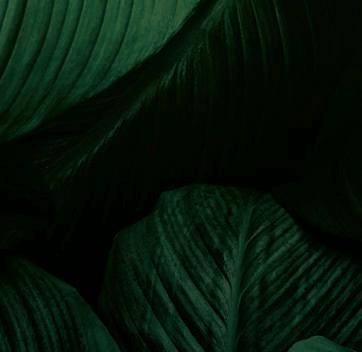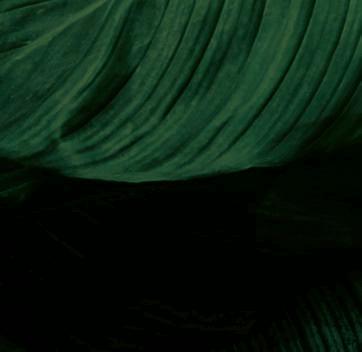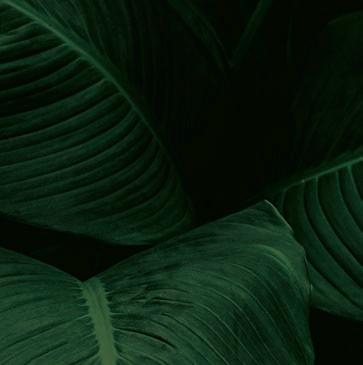
2 minute read
Mosquito season is here, worsened by rainfall
BY THELMA GRIMES TGRIMES@COLORADOCOMMUNITYMEDIA.COM

e trees are green, the grass is lush and all the rainfall brought some much-need moisture to the Denver metro area. However, the added wetness this spring also means a lot of standing water, which is prime breeding ground for mosquitoes.
More mosquitoes means more bites and a possible increase in West Nile virus cases. Mosquitos are most active between May and October each year. West Nile virus cases tend to increase in August and September.
In 2022, Colorado led the nation in West Nile virus, with a con rmed 152 positive cases. In 2021, Colorado ranked second, falling behind Arizona.
Dr. Mark Montano, medical director of CareNow Urgent Care Clinics, said urgent care centers across the metro area are starting to see patients complaining of multiple mosquito bites. While none has been too serious, and Montano said they do not test for West Nile, the added rainfall this year means residents should think of prevention over reaction.
“When it comes to mosquitos the biggest concern on our end is the dis- eases they can carry,” Montano said.



“In most years a lot of these areas are usually dried up by July, but this year is di erent.”




Montano said the rst line of defense has to be eliminating standing water and consistently using repellent.
Paul Galloway, the marketing and communications manager with the Division of Disease Control for the Colorado Department of Public Health and Environment, said this year could be a challenge.


“Last winter’s heavy snowpack and the wet spring we’ve had in Colorado are already causing an increase in mosquitoes in some areas,” he said.
So far, Galloway said the biggest increase has been in Aedes vexans mosquitos, which do not transmit human diseases but are named for being aggressive biters.
As summer continues, Galloway said, state health o cials are just starting to see a shift from Aedes mosquitos to the Culex mosquitos, which can transmit diseases such as the West Nile virus.
“While we do expect to see more Culex mosquitoes this summer,” Galloway said, “more mosquitoes does not always result in more human infections. We have not seen any mosqui- toes with the virus yet, but it’s important to use insect repellent and empty or treat sources of standing water.” is includes everything from plant pots and rain barrels to ooded streams and elds. People should empty standing water from tires, cans, owerpots, clogged gutters, rain barrels, birdbaths, toys, and puddles around their home at least once every week, Galloway said.
Standing water is a breeding ground for all kinds of mosquitos as these areas are where they lay eggs.
Montano said everyone should be using repellent outdoors. Montano said mosquitoes are most aggressive in the early morning hours and evening, warning hikers and bikers to get prepared rather than dealing with the itching and rami cations later.
While mosquito bites are generally annoying more than anything, Montano said there are instances where a person can have a bad reaction. Topical creams such as Hydrocortisone and Benadryl can be useful, he said.
However, if a person sees unusual swelling in the bite area and has an abnormal allergic reaction, Montano recommends seeking care because added oral or steroid treatment may be required.
Galloway said most people infected with West Nile virus don’t have symptoms. About 20% of infected people will have u-like symptoms, and fewer than 1% develop a serious, potentially deadly illness.
Galloway said people aged 60 years and older and those with certain medical conditions are at greater risk of serious illness.
Montano said if when someone is having severe headaches or experiencing confusion from a mosquito bite they should seek medical care immediately.
Other tips provided by the state health department include:
Use insect repellents when you go outdoors. Repellents containing DEET, picaridin, IR3535, oil of lemon eucalyptus, or para-menthane-diol products provide the best protection. For more information about insect repellents visit the EPA’s information webpage. Always follow label instructions. Limit outdoor activities at dusk and dawn, when mosquitoes are most active. Wear long pants, longsleeved shirts, and socks in areas where mosquitoes are active. Spray clothes with insect repellent for extra protection.







